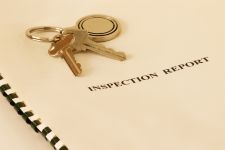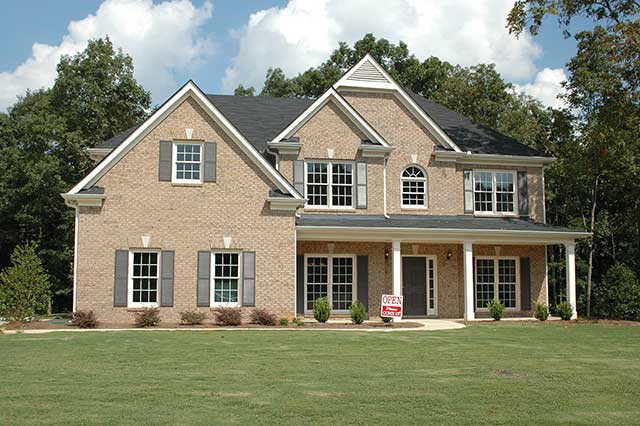 A short sale can seem like a great deal, but you have to analyze the overall financial status of the investment. Ask many questions about the home and the current financial status associated with it. Doing your research can save you a lot of headaches during the buying process and dealing with your investment.
A short sale can seem like a great deal, but you have to analyze the overall financial status of the investment. Ask many questions about the home and the current financial status associated with it. Doing your research can save you a lot of headaches during the buying process and dealing with your investment.
Two key financial factors to look into are:
- Repairs needed
- Unpaid bills associated with the home
It is imperative that you have an inspection(s) on the home before agreeing to any deal. You do not want any unexpected repairs arising after you have closed on your short sale. Having knowledge of issues and repairs needed can help you with the overall cost analysis. The lender will want to sell the home “as is,” but do not forego any rights to obtain inspection(s). Make your offer contigent on approved inspections.
When buying a property you also take on any issues that are attached to it. One of those issues is any unpaid bills still owed on the property. You don’t want to have to deal with any unpaid.
Another factor to consider is the property taxes. The home could be priced low, but the taxes should be added to the equation to estimate realistic number. For instance, a condo could be priced at $95,000, which could mean a low payment, but are nearly $5,000 per year. Even if you choose to added the taxes to your monthly payment or just pay yearly, the extra $5,000 would need to be paid. It’s just another factor to consider when taking on the short sale.
The home might be available in an excellent neighborhood, but covering all of the areas of the investment that are essential to gain a profit.
Search for a Shorewest sales associate who can help you conduct a short sale here.
Tags: Home, Inspection, Investment, Mortgage, Neighborhood, Property Taxes, Short Sale
Categories: Home Buying, Real Estate News
